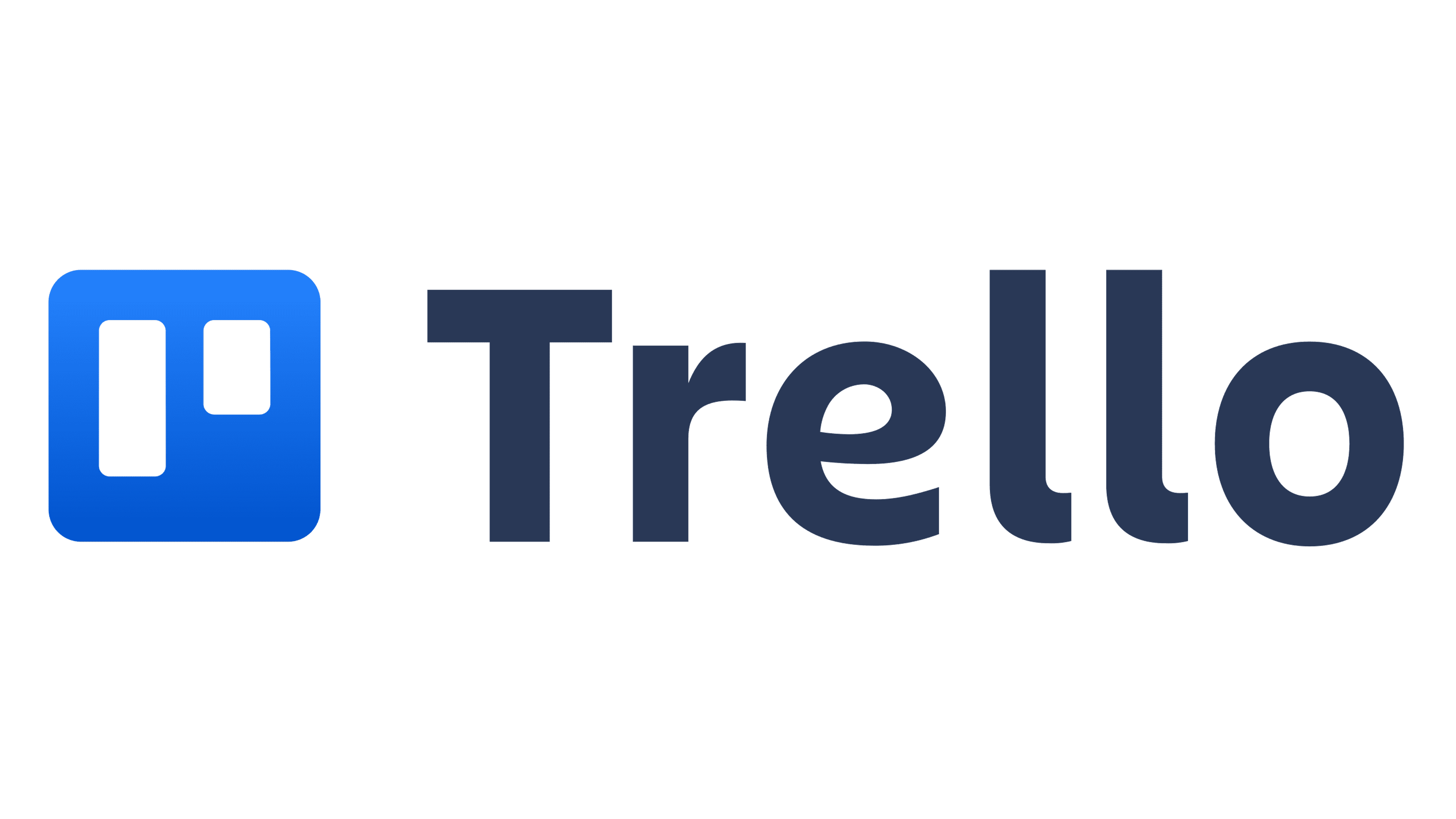If you’re looking for a great project management tool, but aren’t so keen on Asana, then you’ve come to the right place.
As a platform, Asana is well known for helping people manage tasks, projects and have a 360 overview of what teams are working on – but it’s not the only option out there.
Whether you’re looking for a tool with a simpler interface, lower pricing or slightly different features, there might be a software out there that suits you better.
Here, we help you explore them.
How Big Is The Project Management Software Industry?
The project management software industry is huge – and growing.
According to Digital Project Manager, the project management software market size will increase to an estimated USD 20.50 billion by 2030 with a compound annual growth rate (CAGR) of 15.7%.
But why has it grown so quickly? Well, pretty much since the pandemic, teams have had to adapt to working in hybrid environments, relying on digital tools to help manage projects and workflows.
And even as more companies head back into the office, these tools are becoming the backbone of operations. But which one to choose?
Let’s take a look at some of the options…
More from Guides
- How VoIP Can Help Ensure you Don’t Miss Customer Calls When On Holiday
- 7 Alternatives To MasterClass
- Portugal Announces Potential New Tax Incentives To Boost Golden Visa Applications
- 7 Compliance Gaps Most Businesses Miss
- What Tech Do iPhones Have To Prevent Theft?
- 6 Alternatives To Mailchimp For E-mail Marketing
- What Is A Residential Proxy Server?
- 5 Marketing Strategies For Cat Food Businesses
Trello

Trello is a great choice for visual workers who want to see everything in one place. By creating individual ‘boards’, Trello users can organise, prioritise and collaborate on tasks and projects.
The good thing about Trello is that it’s just as good for collaborating as it is for personal task management, helping keep projects on track.
Monday.com

Monday.com is a work management software that is able to integrate with a number of other tools like Slack, Dropbox, Adobe and more.
Operating as a cloud-based platform, it allows users to manage projects, meet deadlines and collaborate with team members, no matter where they are. With an easy interface and wide integrations, it’s a great alternative for multi-software companies.
Notion

Notion is an AI workspace that helps teams collaborate, but also automates a lot of the ‘busywork’ – allowing them to work faster and more efficiently.
It’s a great platform for small companies with teams that need different workflows, as it has the capability to build a lot of custom to-do lists.
In general, Notion is a great platform for integrating workflows, tasks, messages and more – making it perfect for teams both big and small.
Airtable

Airtable is a platform that allows businesses to manage and automate areas of their business. Using AI, the company provides dashboards that can be used to track projects, allocate tasks and remind team members of key pieces of information.
With a clean, easy to read interface and strong cross-collaboration, it’s perfect for teams that want easy and effective management tools.
Basecamp

Basecamp markets itself as being one of the easiest to use and most straightforward project management apps. Designed for smaller businesses, it uses easy dashboards, calendar integrations and to-do lists to keep employees on track.
For SMEs or those looking for simple tools, Basecamp is a great option.
Mural
For companies managing big projects, Mural is a great choice. With its project timeline template, teams are able to map out each phase, allocate the tasks accordingly and stick to timelines.
Structured like a Gantt chart, it’s a visual, simple and effective way to manage long and complex projects.




